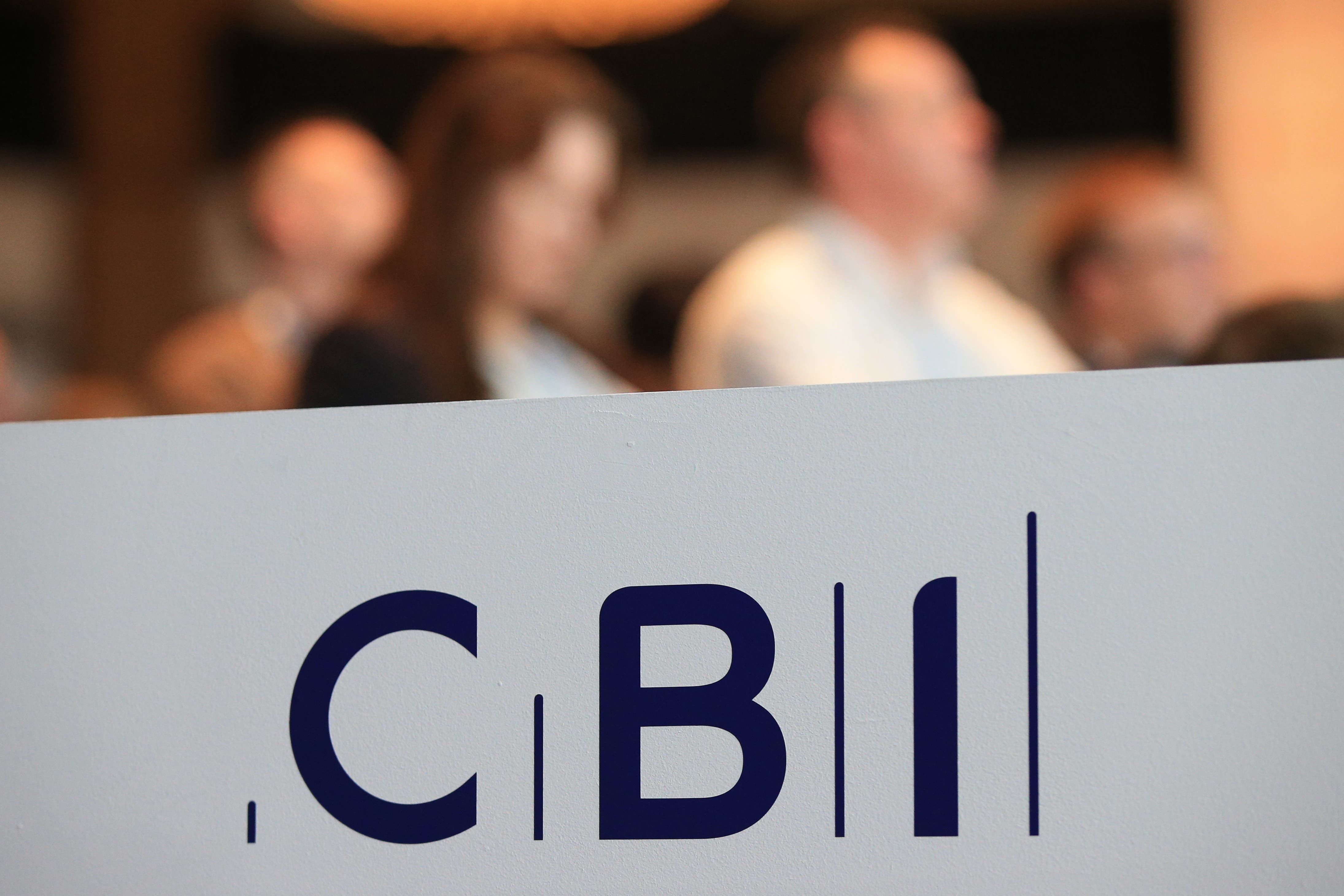CBI wins ‘confidence vote’ of members – but can it survive scandal?
The ‘voice of British business’ secured the support of 93 per cent of its members. But can it still speak with authority in national conversation after rape and misconduct claims, asks James Moore


There’s an unwritten rule in both business and parliamentary politics: don’t hold a vote unless you can win it.
Tuesday’s “confidence vote” among CBI members can be seen in that light; the “voice of British business” secured 93 per cent support for the reforms it set out in response to the horrible scandals engulfing it. A total of 371 members voted, in an organisation that claims to represent 190,000 firms.
A quick recap: former director general Tony Danker stepped aside amid allegations about his conduct, but that was just the start. A series of separate claims subsequently emerged about workplace culture and the behaviour of senior managers. The worst of these included two separate allegations of rape at company functions.
It has plunged the CBI into an existential crisis. The government suspended its engagement. So did Labour. Some of Britain’s biggest businesses walked, others put their membership on hold.
How could an organisation that had made great play of supporting female-friendly work practices continue, given what had been alleged?
For the most part, businesses still feel it is necessary to have CBI representation. It says things they aren’t always comfortable with saying themselves, providing them with a convenient shield. It serves as a handy talking shop. It shakes the trees, and lobbies for the policies they want.
Creating something else to do the same job would take too much time and effort, even if the British Chambers of Commerce is giving it a go with its “business council”, which has picked up some big hitters including BP and Heathrow. Having both could prove handy for government ministers seeking to employ the old “divide and rule” tactic.
However, most have preferred to stick with what they know which is why the vote went the way it did, allowing the CBI to cite the result as a full-throated endorsement of the actions it has taken in the wake of what has gone on.
These include a boardroom shake-up, a new people post, and hiring external advisers to help sort itself out. One of those is an organisation called Principia, billed as an “independent expert in building ethical organisations”. So far it has said terms such as “toxic” and “misogynist” aren’t “useful” – though it concedes the CBI has “under-attended to developing a strong, values-based organisational culture and has under-prioritised people management skills”.
I don’t know about you, but reading that looks like so much verbiage. We’ve seen this sort of thing before.
Ultimately, the government will probably reopen channels of communication, not least because there’s an election due and having Labour steal its clothes as the “party of business” isn’t something Rishi Sunak wants.
But as well as these private processes, there is the wider public conversation to think of. The CBI is usually one of the first organisations the media quotes in the wake of big set-piece events such as the budget. It is seen as a leader. A big hitter.
As a writer on business, I find myself asking whether I still want or need to pay the same attention to the CBI as I once did. And there are other business voices out there.
What has emerged from the tumult is underwhelming and not entirely convincing, particularly given the seriousness of the allegations.
Do the members who voted really understand the scale of the challenge the CBI faces? In the public conversation?
New director general Rain Newton-Smith is well-liked and highly regarded; the organisation has many decent people who were probably as horrified as anyone by the allegations.
But the CBI still has an awful lot to prove. And it is going to take a lot more than admitting “under-attending to developing a strong, values-based organisational culture” to do that.






Join our commenting forum
Join thought-provoking conversations, follow other Independent readers and see their replies
Comments